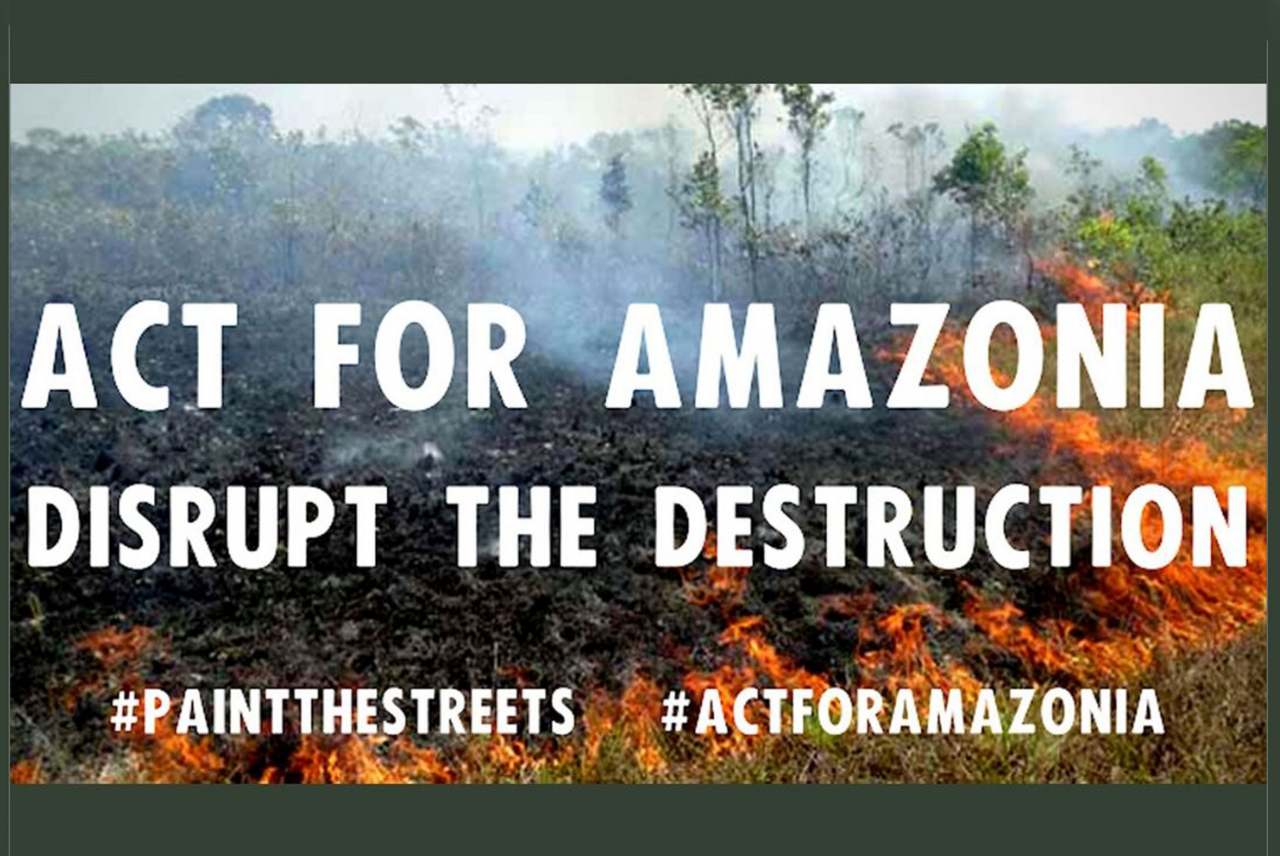Companies complicit in the Amazon rainforest fires
Although big companies are unlikely to have started fires in the Amazon, which burned last summer and autumn (and which are thought to have been started by smaller producers), many of them source beef or soya from Brazil. Campaigners believe that some multinational corporations are therefore either indirectly implicated or have the power to do something about the situation.
Throughout Brazil, forest is being cleared for agriculture, primarily cattle and soya production. Most of the soya goes into animal feed, primarily exported to China. But significant quantities of beef and leather are also exported to the global North, including to the UK or for companies that operate there.
Sainsbury’s, Morrisons, Aldi, Lidl, Coop, Asda, McDonald’s and Burger King have all been criticised for their links to Brazilian beef products. Major leather-using retailers have also been called on to use their power to address deforestation in Brazil.
Deforestation and wildfires
Deforestation in Brazil has been steadily rising since 2012, and has surged since Bolsonaro became president in January 2019. From January to August 2019, deforestation was at its highest rate in a decade, increasing by 75% compared to the same period in 2018.
It is destroying a vital carbon sink – and simultaneously increasing the risk of further destruction through wildfires. By reducing the amount of water transferred into the atmosphere through the trees, deforestation increases local temperatures. In disturbed forests, temperatures can be as much as 1.5°C higher during dry seasons than in those that remain intact.
Evidence suggests that just 3-4°C of warming will be a tipping point for the Amazon, beyond which large parts of the forest may become a savanna-like state. Considering that globally we have already reached over 1°C of warming, the extra 1.5°C poses a serious threat and shows how close we are to triggering terrifying feedback loops in these areas.
Threats to Indigenous land rights
Deforestation and fires pose a serious and immediate threat for Indigenous communities in the Amazon.
Recent research shows that deforestations and the construction of new highways could increase the wildfire risk in the Amazon by over 70% by 2100 – even inside protected areas and Indigenous reserves that have relatively intact forests. Already, the number of fires detected on Indigenous territories spiked by 133.5% in August 2019, compared to the previous year.
These fires threaten to destroy Indigenous land and forest that communities have relied on and lived in sustainably for centuries.
MNI has called for international solidarity. It highlights the need for global markets to moderate the behaviour of the agro-industrial sector, “as a means to halt Bolsonaro's assault, ultimately protecting and restoring environmental safeguards and human rights.”

